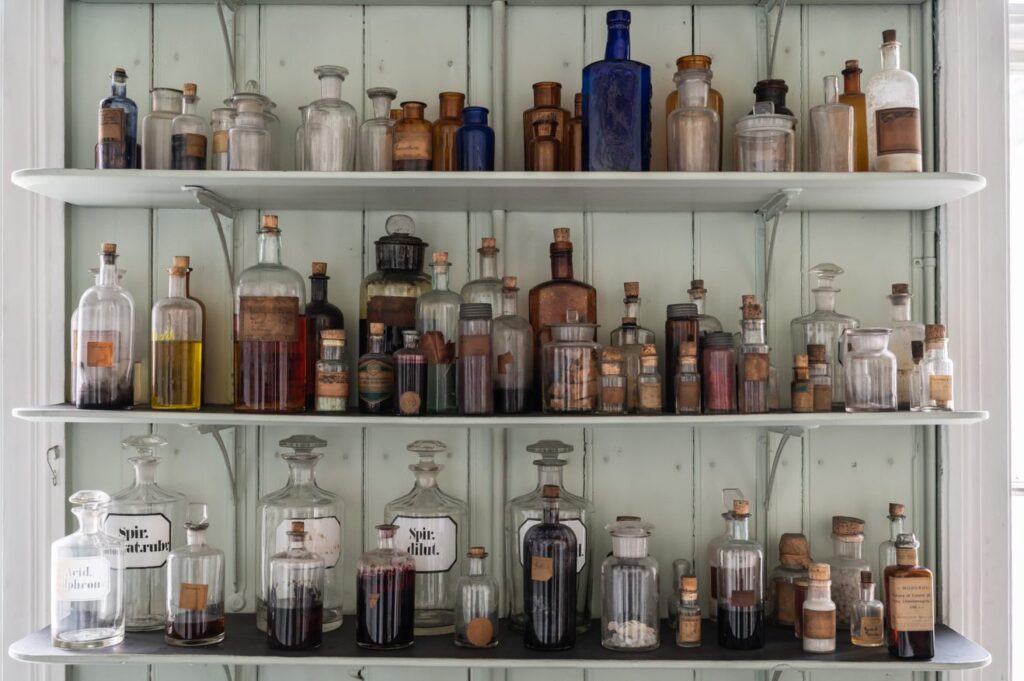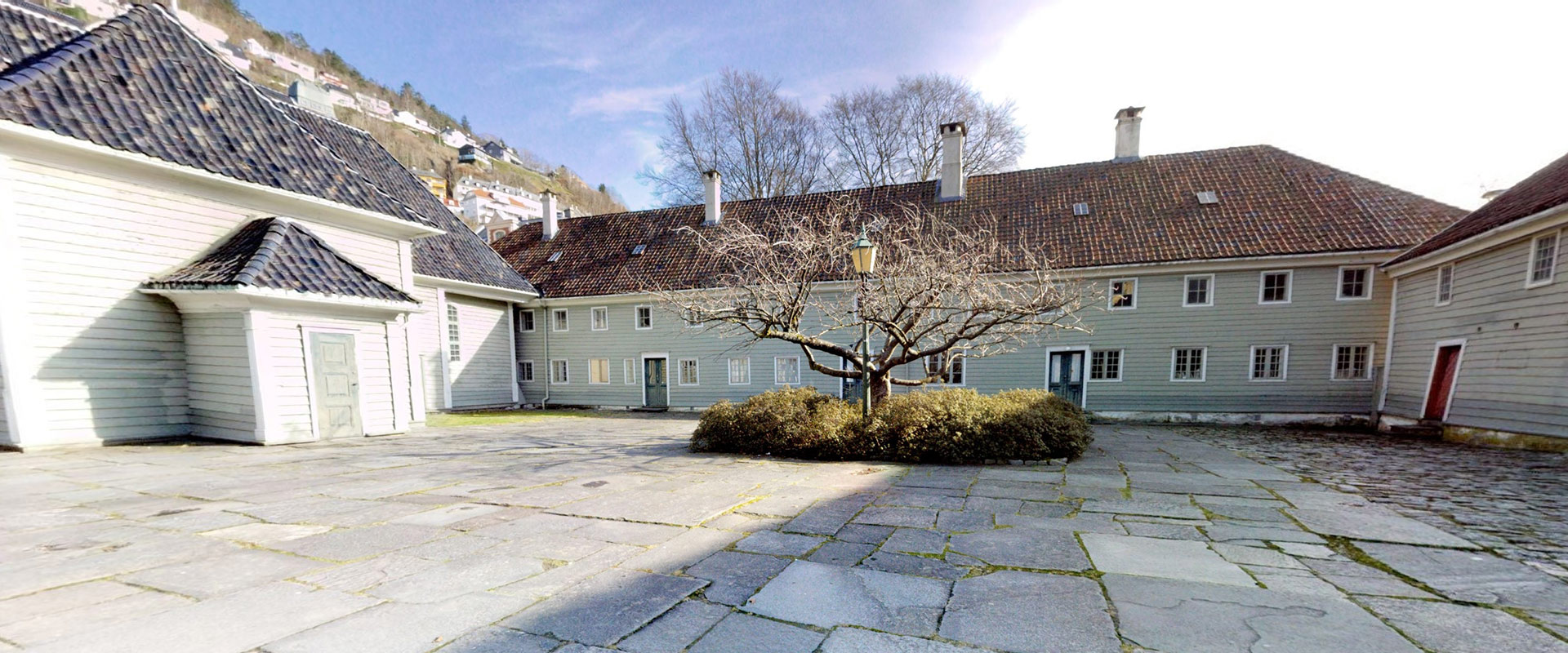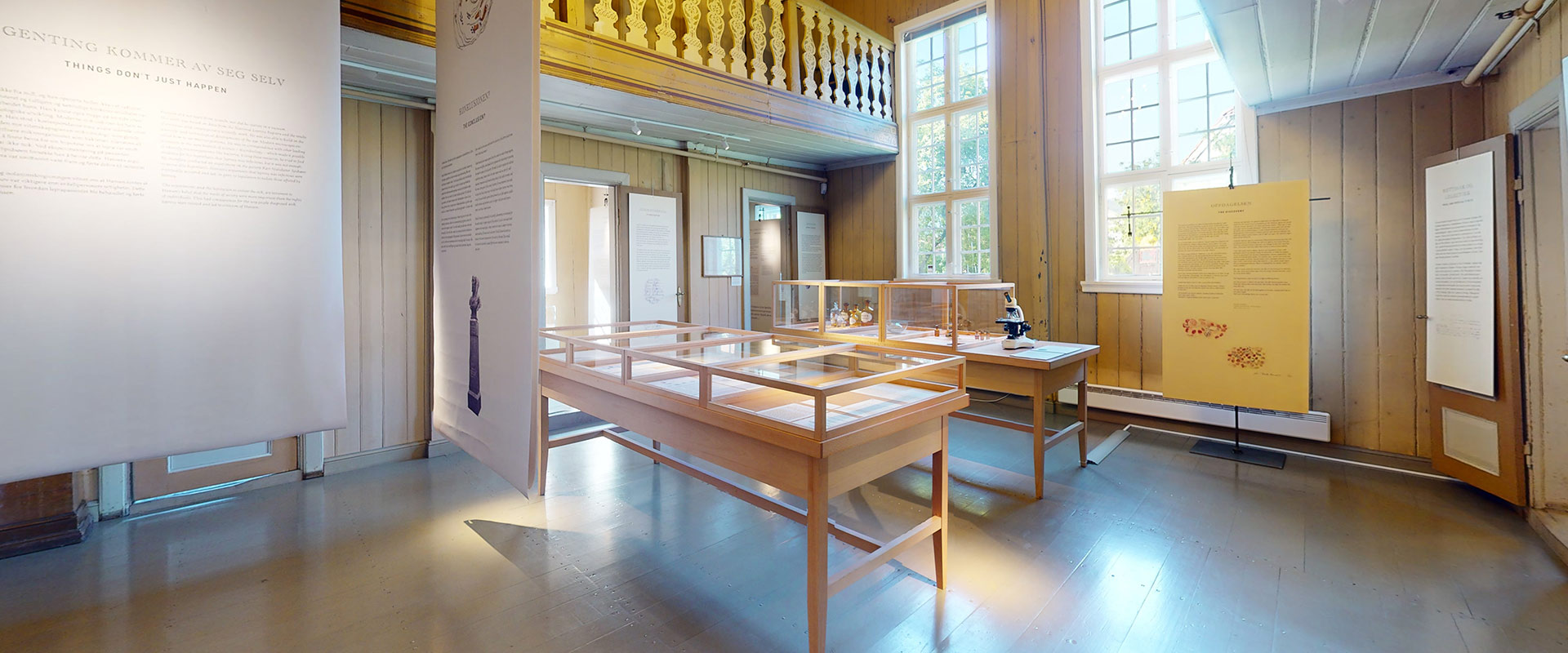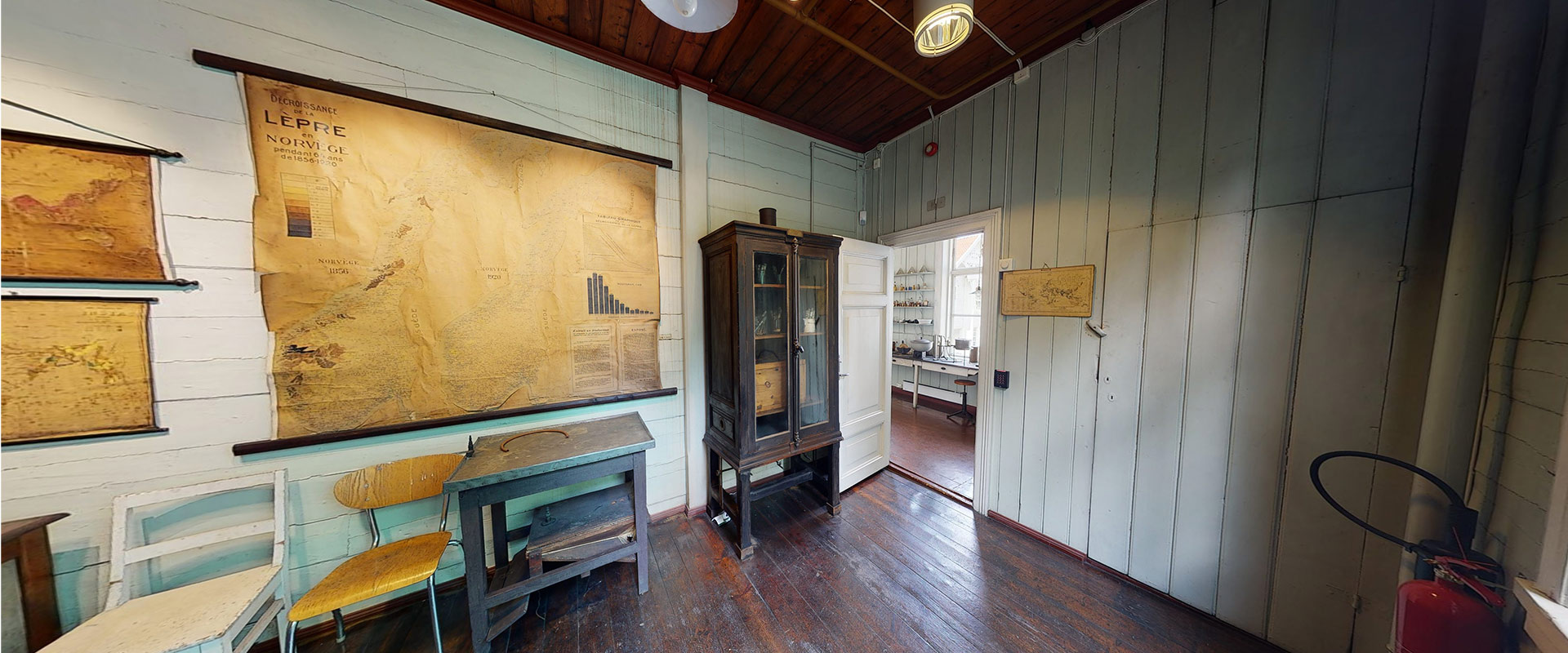Medical trials at Lungegård Hospital
Lungegård Hospital’s triennial reports provide a good insight into new types of medication that Danielssen was trialling. He often provides thorough descriptions of the trials, and describes the testing of new types of medication as an irresistible urge for someone who believed the disease could be cured.
In 1865–67, he tried to use the Calabar bean, which comes from a plant that grows on the west coast of Africa. Various trials had produced somewhat conflicting results, so he chose to use the beans in powdered form, a different form than many others had used. He tested the bean on two patients and found that, in small doses, it had no short-term or long-term effect. In large doses, however, it produced a number of side effects, including headaches, fever, and a high heart rate and temperature, with no effect on the disease.
In the early 1870s, he carried out trials with cashew oil, which, according to a report from Venezuela, could cure leprosy. His own trials showed that the oil irritated the skin, like many other oils, but did not have any healing effect. It was later found that the results from Venezuela had been premature and that any recovery was short-lived.
In a triennial report from the end of the 1880s, he describes several different substances that had been tested. Hydroxylamine was a new substance with very soluble, toxic crystals, that had been used to treat skin diseases. He tested it on eight patients, brushing it on them morning and evening everywhere they had blotches. It triggered some eczema and caused other side effects, so the treatment had to be regularly paused before being continued. The effects were limited and the trial was terminated, partly because ‘both the patients and I grew tired of all the brushing and application.’ This exasperation suggests it cannot have been uplifting, neither for the patients nor for the doctor, to constantly test new, unpleasant cures with limited effect. Other new agents called Eurofen and Aristol were tested, but neither worked, and sometimes caused various ailments, so these trials were also terminated.

Photo: Bergen City Museum.



